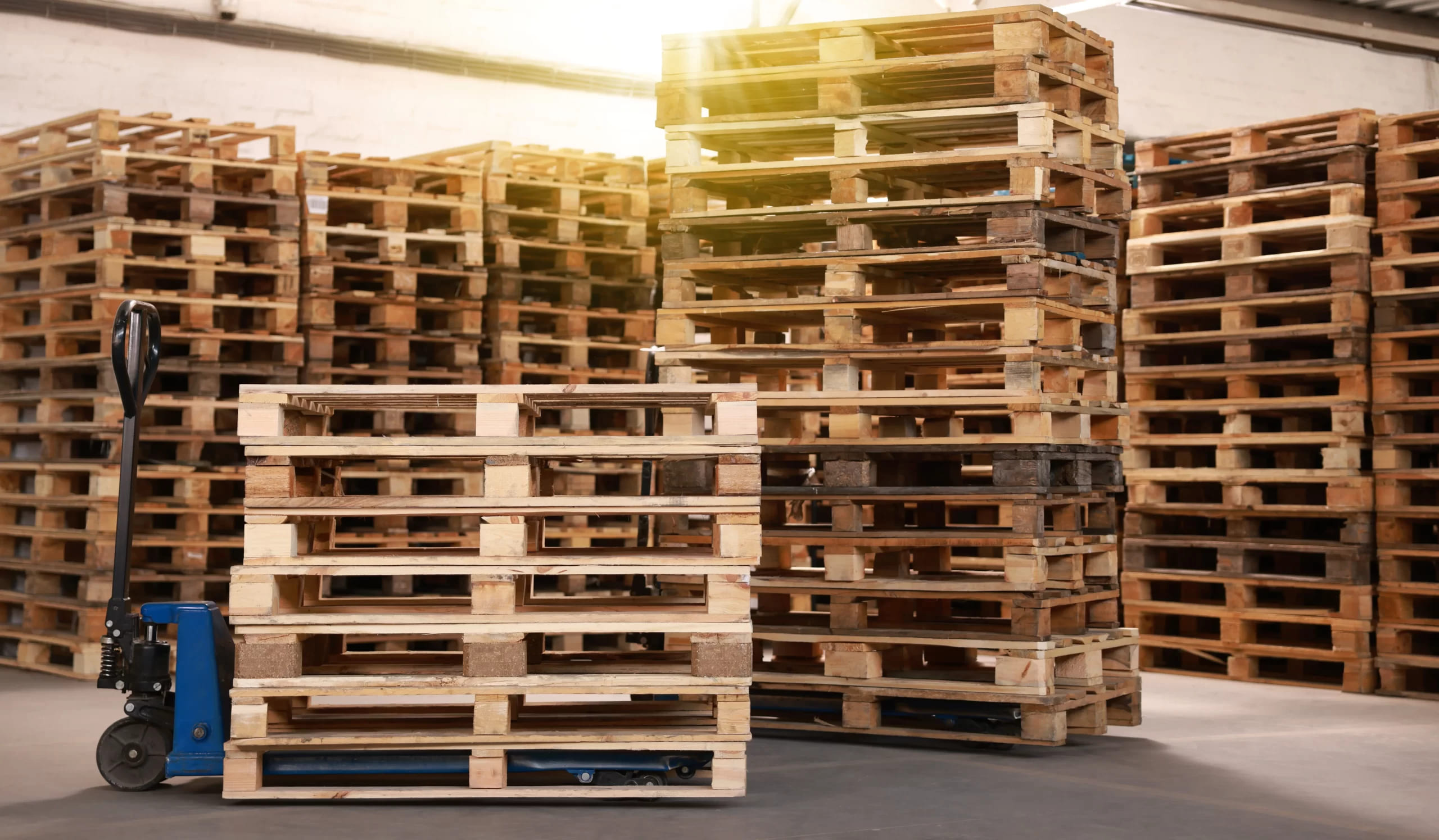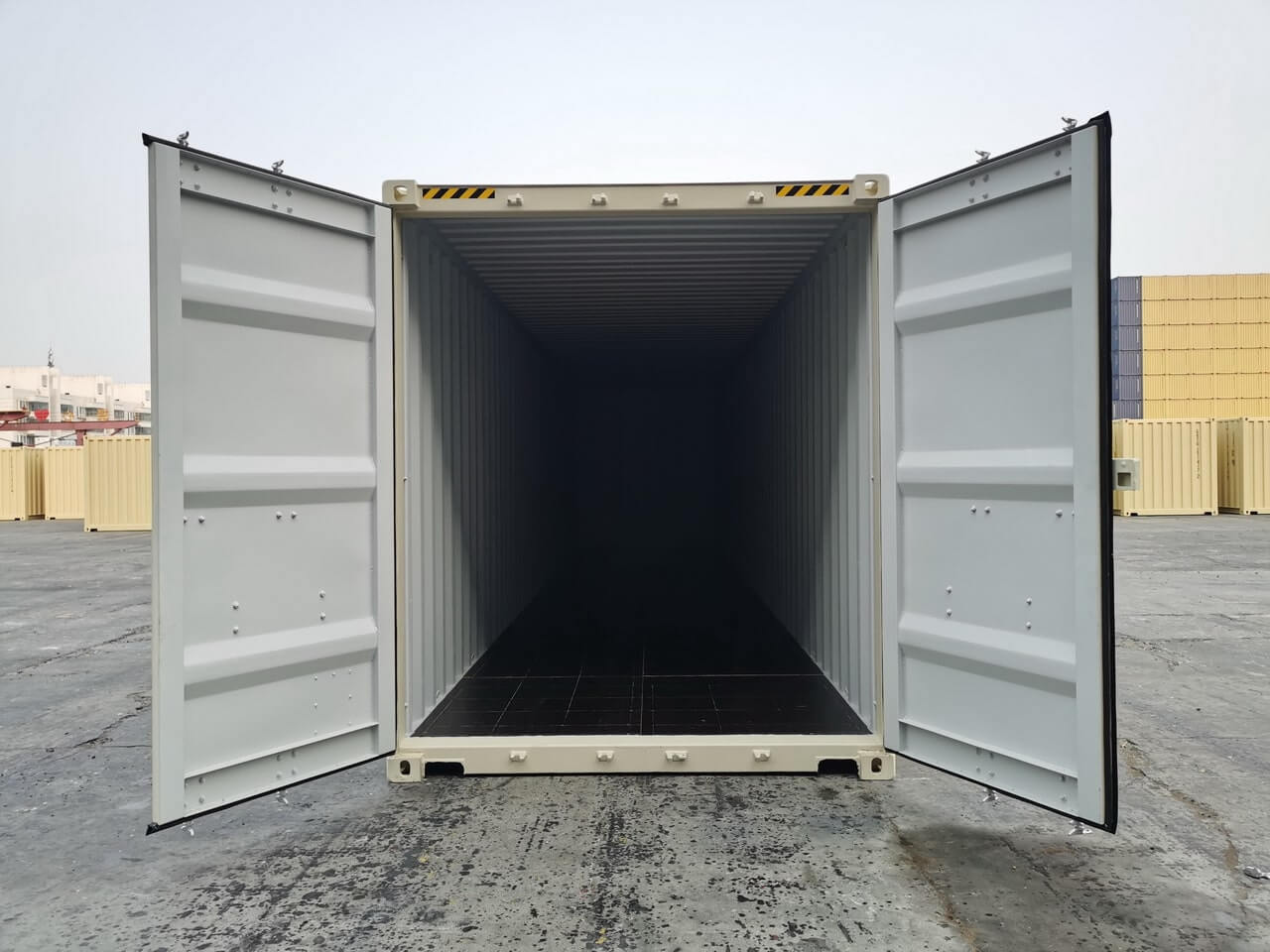
When it comes to shipping and logistics in North America, the Grocery Manufacturers Association (GMA) pallet is the gold standard. Often referred to as the GMA pallet, this type of pallet is widely used in retail, warehousing, and transportation across the U.S., Canada, and Mexico. In this guide, we’ll cover everything you need to know about the dimensions, sizes, and specifications of the GMA pallet, along with its benefits and common use cases.
What is a GMA Pallet?
The GMA pallet is a standardized wooden pallet developed to streamline shipping and storage for grocery and consumer goods companies. Over time, it has become the most commonly used pallet in North America, accounting for roughly 30% of all wooden pallets in circulation.
The Grocery Manufacturers Association helped set the specifications to ensure compatibility across the entire supply chain—from manufacturers and warehouses to retailers and transportation companies.
Standard GMA Pallet Dimensions
Size: 48 inches x 40 inches (1219 mm x 1016 mm)
Deck boards: Typically 7 top deck boards
Entry: 4-way entry for forklifts and pallet jacks
Height: Approximately 6 inches (average height)
Weight: 30–50 lbs depending on materials
Load capacity:
- Static Load: Up to 4,600 lbs
- Dynamic Load: Up to 2,500 lbs
GMA Pallet Grades
GMA pallets are categorized into grades based on their condition and reusability:
Grade A (or #1)
- Clean, dry, and in good structural condition
- Typically reused for high-quality shipments
- No stringer repairs, uniform appearance
Grade B (or #2)
- Repaired pallets with one or more stringer plugs or plates
- Functionally sound but not as aesthetically uniform
Grade C
- Generally considered low-grade pallets
- Often used for single-use or export applications
- May have multiple repairs
GMA Pallet Materials
Most GMA pallets are made from hardwood or softwood, but some alternatives include:
- Plastic pallets – durable and reusable, commonly used in pharmaceuticals and food
- Metal pallets – strong and resistant to chemicals, though heavier and more expensive
- Composite or presswood pallets – lightweight and often used for export due to compliance with ISPM 15 regulations
Advantages of GMA Pallets
- Standardization – Streamlines logistics across the supply chain
- Versatility – Compatible with most racking systems, forklifts, and pallet jacks
- Cost-Effective – Especially in bulk or reused formats
- Recyclable and Repairable – Wooden GMA pallets can be repaired or recycled
- Readily Available – Easy to source across North America
Industries That Use GMA Pallets
- Grocery and Food Distribution
- Consumer Packaged Goods (CPG)
- Retail Chains and Big Box Stores
- E-commerce Fulfillment Centers
- Warehousing and 3PL Providers
Alternative Pallet Sizes in North America
While the 48×40-inch GMA pallet is the most common, other sizes are also used in specific industries:
| Dimensions (in) | Common Use Case |
|---|---|
| 48 x 48 | Drums, liquid containers |
| 42 x 42 | Telecommunications, beverages |
| 40 x 40 | Dairy and beverage industries |
| 36 x 36 | Beverage, small retail applications |
How to Choose the Right GMA Pallet
Consider these factors when selecting a GMA pallet for your business:
- Weight capacity requirements
- Warehouse racking compatibility
- Export compliance (ISPM 15)
- Frequency of reuse (one-way vs multi-trip)
- Product size and fragility
The North American GMA pallet (48×40 inches) has become the logistics backbone of the continent. With its standardized size, reusability, and compatibility, it remains the go-to choice for efficient and reliable shipping. Whether you’re in manufacturing, retail, or e-commerce, understanding GMA pallet sizes and dimensions will help optimize your supply chain and reduce costs.



